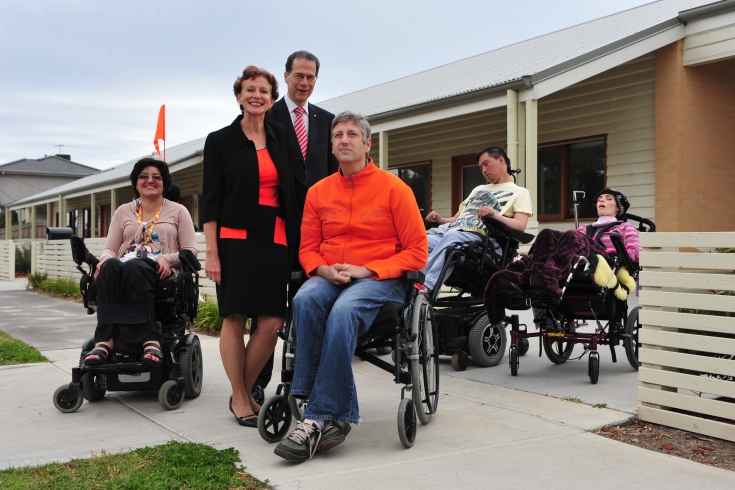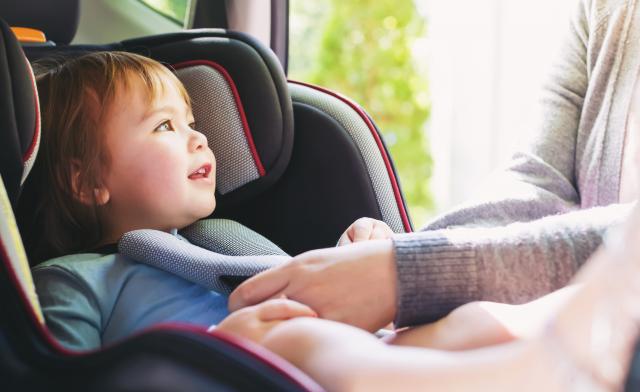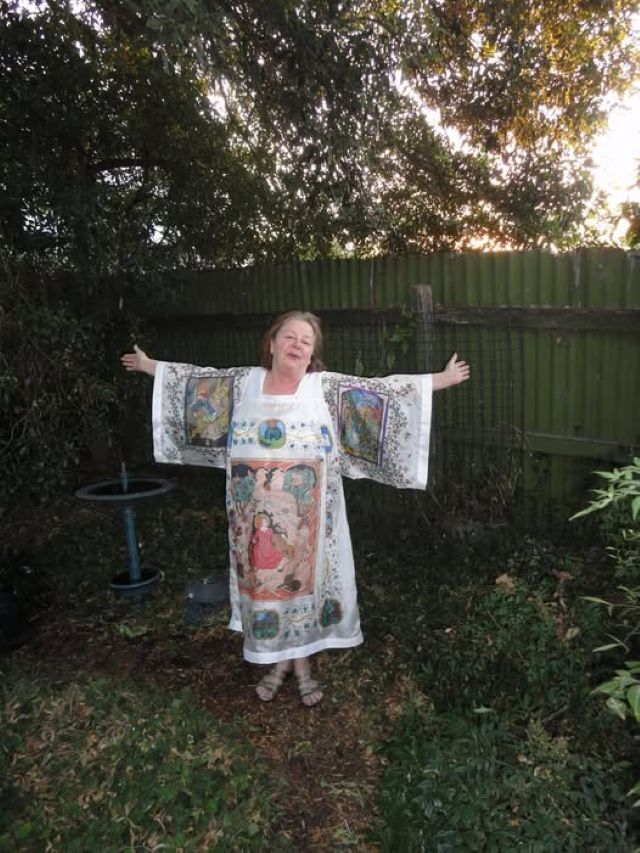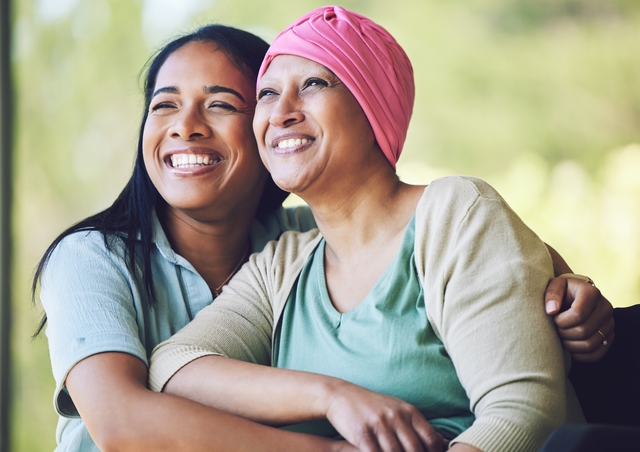CAMERON Davies was at a bucks’ night when a simple, drunken stunt went horribly wrong and changed his life forever. As he stood on top of a tower of milk crates, he lost his balance, fell and struck his head.
He lay unconscious in hospital for months.
Mr Davies struggles to recall the events of that fateful night. He thinks it happened at a house, but isn’t sure. Twelve months on, the pain is still raw.
“I don’t really remember much about it,” he said. “When I woke up, I think I was just happy to be alive.”
The 36-year-old, who has a wife and two young children, had been working in the security industry. Now he faces life with an acquired brain injury and a long road to recovery.
After the fall, most of his sight was gone, the left side of his body weak and he would be confined to a wheelchair.
Although he can see a computer screen and read a few lines from a newspaper, he desperately wants to see what he’s eating for dinner and the expressions on people’s faces when they share a coffee.
“I remember what it was like before the accident and that makes me sad and angry, but I have to keep soldiering on,” he said. “I know things will never be the same again . . . I wouldn’t have got on those milk crates unless I’d been drunk. How many people get punched and hit their heads on the ground? How many people get hit over the head with bottles?
“People have to be careful because brain injuries happen so easily and in the blink of an eye.”
Last week, the James Macready-Bryan Foundation and BLINC (Brain Linked Injury Needs Compassion) donated $40,000 to Yooralla’s My Future My Choice houses, including the six at Altona, where Mr Davies lives.
In 2006, Mr Macready-Bryan, then 20, was assaulted, leaving him with a catastrophic, permanent brain injury.
His foundation raises money to help young people with disabilities, providing additional services and therapists in care facilities, better and more appropriate home care services and the development of new, age-appropriate residential facilities.
Foundation chairwoman Helen Sykes said it was crucial that young people with severe physical or brain injuries were able to live among those of a similar age.
“It’s important they’re placed into an environment where the focus is on rehabilitation rather than end-of-life care.”
Yooralla chairman Bruce Bonyhady said the Altona houses provided residents with a sense of independence, which wasn’t always associated with accommodation for people with disabilities.







